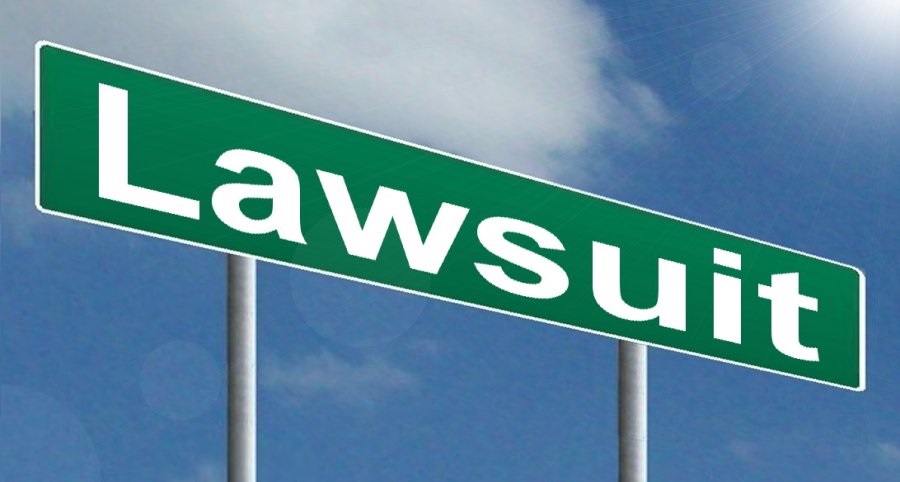
Lawsuit sign
The Doctors Hospital at Renaissance, in Edinburg Texas, is a physician-owned hospital with a prominent Cancer treatment centre, and this lawsuit settlement comes after six years of the plaintiffs trying to get the facility to be more accessible for people who are Deaf or hearing-impaired.
A Deaf couple filed the lawsuit against the hospital, claiming that it did not provide sign language interpretive services or transcripts of findings and recommendations, and failed to communicate effectively during their young daughter's treatment for cancer in 2011 and 2012.
The lawsuit claimed the hospital violated the Americans with Disabilities Act (ADA) at times when the Deaf parents were unable to communicate with doctors and medical personnel during their daughter's treatment, as the parents were forced to use a family member to translate. Unfortunately, many instances were cited of information and options, provided by the medical team treating the couple’s daughter, not being understood. Aside from conversations, medical staff also distributed videos to the parents of the child that explained different procedural approaches, and these either did not have captions at all, or had captions with a very high error-rate that rendered them incomprehensible.
Acting U.S. Attorney, Abe Martinez, stated in a July 2017 release that “this settlement exemplifies our commitment to protect the rights of the hearing impaired and to ensure that they are able to communicate with health care professionals, especially when patients have critical and complex interactions with medical providers.”
The settlement agreement requires that the hospital provide appropriate auxiliary aids and services, including qualified interpreters; and appoint a Disabilities administrator; provide training to the hospital's staff on disability discrimination; and adopt specific policies and procedures to ensure patients and their families or carers who are Deaf or hearing-impaired, can promptly receive auxiliary aids, as well as services – both physical and online-delivered.
A significant monetary sum was also paid by the defendant, but under the terms of the settlement, the dollar value was not revealed.
The Disability Discrimination Act 1992 (DDA) in Australia aims to promote equal opportunity and access for people with disability. The Act prohibits discrimination against persons with disabilities in employment, education, publicly available premises, provision of goods and services, accommodation, clubs and associations, and other contexts.
The ‘provision of goods and services’ section in Australia’s DDA legislation is similar in legal definition to what is covered under the ADA in the USA. The DDA states that a “person with a disability has a right to obtain goods and use services and facilities in the same way as people without a disability.” Dentists, doctors, and hospitals are included in a list of twelve categories defined in this section of legally-binding disability discrimination protection.
Furthermore, over a dozen legal actions have been brought by individuals or groups in Australia in the first half of 2017 alleging disability discrimination related to inaccessible websites. All of them have settled before a court hearing date was set.
For more details on recent US disability discrimination court cases focussed on ineffective online communications and inaccessible websites, plus the risk of litigation in Australia, read the article: More companies being sued for website inaccessibility
For more information on ensuring your website and information processes are accessible for people of all abilities contact Media Access Australia for a web access audit, digital accessibility maturity assessment, content remediation or in-house training. Email info@mediaaccess.org.au or call during business hours on (02) 9212 6242.
Top of page

